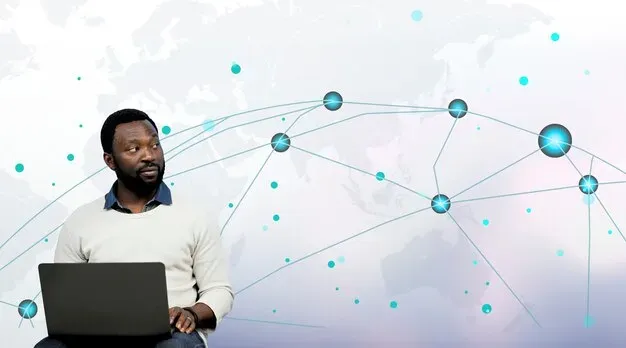
In today's digital era, it is very easy to copy and share information online without a credit to the owner. This means that intellectual property protection is harder than ever. The authors put their sweat and intelligence in their works, designs, works of art, or anything that could be just to see them from someone else who wants to earn a quick bucks.
You can see it everywhere on social media, especially on Web 2 platforms. Blogger will steal the content that they consider interesting and publish it on their site to get traffic without providing credit to the original owner. It may be easier to solve on Web 2 platforms, because most web 2 platforms have laws prohibiting content theft, which means that the original owner will find out and report it. Their algorithm also knows whether a piece of content is original or not.
However, there are some platforms that do not care about the authenticity of the content published on their platforms, providing space for content theft to be successful. I found twice that my content is monetized on platforms that I have never used, nor do I have an account with them. These content thieves do not even care if they find them. Just copy the insertion of the whole word for a word without any individual adjustment to make it look different.
I was shocked when I once saw the title I used on an older blog post in Google search. It was a blog post I wrote three years ago on a platform that no longer exists. Curiosity got the better of me and made me click on the post to find out what it contained, but behold, It was an accurate copy of my whole Word-for-Word blog post, which was re-published on another platform without any credit given to me, and then monetized by the new owner who now earned money from what is not theirs.
Fortunately, I immediately contacted the administrators of the platform through email, where they promised to look into it. After a few days when I checked, the content was already removed from here, so it really served as a good result of how to protect our intellectual properties at a time like these in digital history.
In another case, I found my article published on Steemit. I don't have a Steemit account, how did my publication get there? It is really painful to see such things, especially when a thief earns money from your hard work and creativity. There was nothing I could do about it because I didn't have an account with a steemit. This is the height that the content robbers can go, but we must not let anyone use our hard work to benefit ourselves.
My advice for everyone in this matter is as follows:
Proactive Monitoring: Regular search for your work online can enable you to quickly find any unauthorized use so that you can react before they spread wide.
Notification of Stop Distribution: Once the content is found, please contact the platform or website without delay, clearly demonstrate ownership and ask for immediate removal of such material.
In this, it's not easy for Web 3 because of the decentralized nature of operations, but if you have an account with a platform, you will find a trip around it and get the thief reported.
It is true that the digital age has brought many new obstacles to content creators. However, we could still save our intellectual properties if we follow these methods and make sure it is recognized and defended as our own hard work and imagination. It is important to realize that this landscape is constantly changing, so we must not relax, but remain determined to protect our hard work.
We must realize that thoughts, phrases and unique creations are also valuable things that require protection. We should demand stronger rights to our intellectual properties and at the same time encourage each other to defend against those who violate them online.
Select a repo